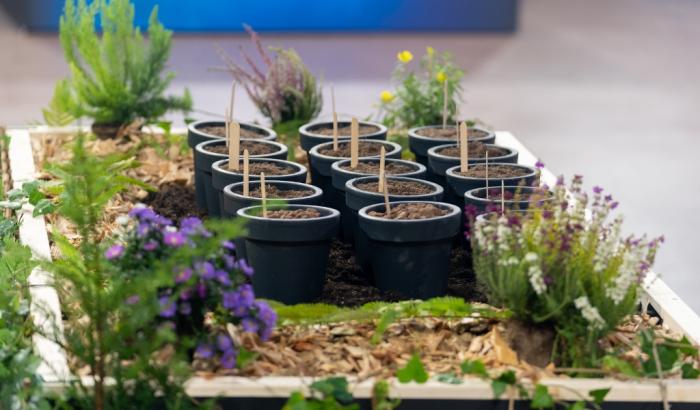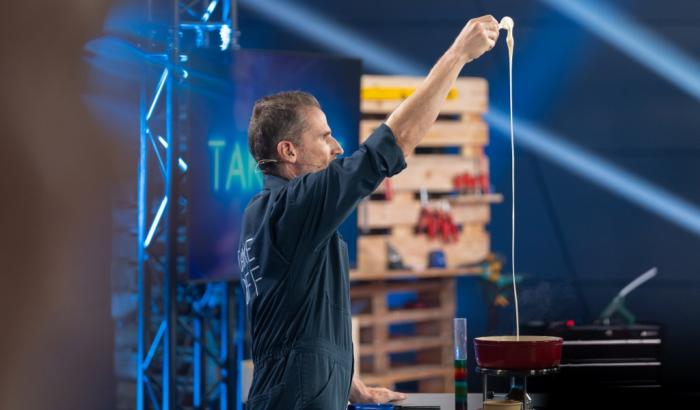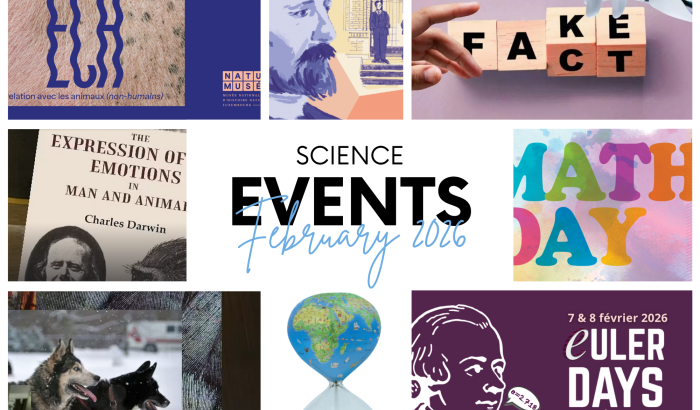
Adobe Stock
During the different phases of the corona pandemic, our social interactions and contact patterns have changed again and again. We have regularly conducted surveys on this on science.lu. Even at this stage it is interesting for researchers to know how many contacts people in Luxembourg have on average.
The aim is to quantify the average number of contacts in the population at different times and compare them with previous studies and results. This data is important to include in forecasts, to generate better statistics and to better understand the spread of the virus as well as the effects of different measures. At the moment it is particularly interesting to understand how the interplay is between increasing immunization of the population (vaccinated or recovered) and increasing social contacts.
The study has already led to a scientific publication in the journal Plos One.
Here the link to the survey (Surveymonkey).
The survey is anonymous and takes less than 2 minutes to complete. You are asked to indicate your gender, age and nationality, but no other personal data is requested. The results of the survey can be transmitted to research institutions, statistical offices and ministries in Luxembourg for analysis.
The study has been carried out regularly since the beginning of the pandemic in order to track changes in behaviour during the different phases of the coronavirus pandemic. So that the results can be compared appropriately, the questions remain the same in the different phases.
Many thanks for your participation!
Author of the survey: Joël Mossong, Ardashel Latsuzbaia
Editor: FNR



